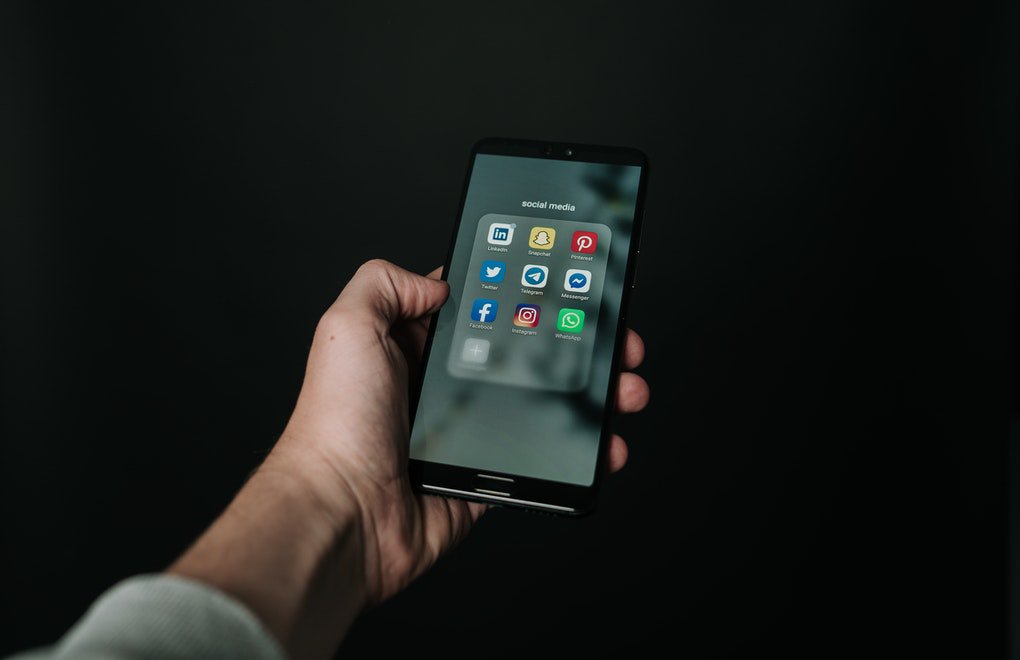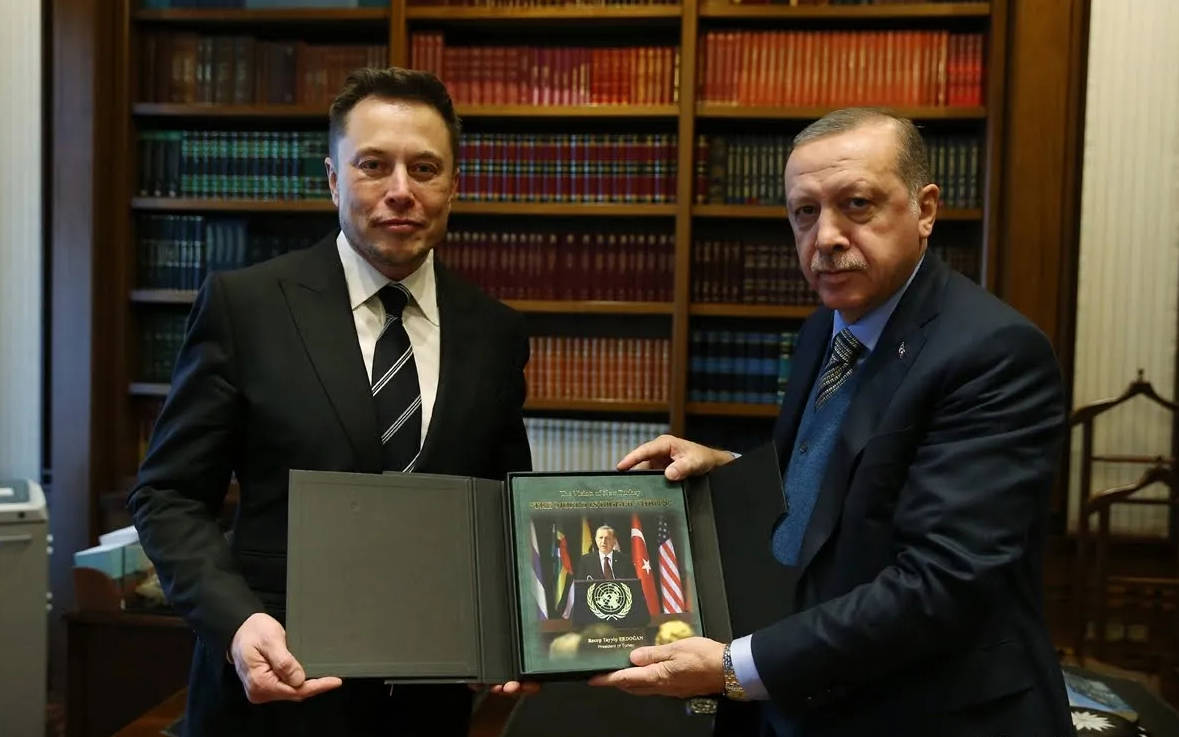* Photo: Pexels
Click to read the article in Turkish
After Facebook has announced that it will also appoint a local representative in Turkey in compliance with the country's recently enacted social media law, international rights organizations Amnesty International and ARTICLE 19 have expressed their concerns in a written statement.
Responding to Facebook's announcement that it will appoint a representative in compliance with the draconian new social media law, Milena Buyum, Amnesty International's Turkey Campaigner, has said:
Over the last weeks, we have watched as companies, one-by-one, have complied with a draconian new law that will stifle dissent. Facebook's decision leaves them - and Google, Youtube and others - in serious danger of becoming an instrument of state censorship. They must tell us and their users in Turkey what concrete steps they will take to prevent this from happening.
Sarah Clarke, ARTICLE 19's Head of Europe and Central Asia Programme, has also made a call to social media companies, briefly saying:
We are calling on social media companies not to contribute to Turkey's censorship of online content and not to expose users to the risk of arbitrary arrest and prosecution by handing over their private data to Turkish authorities. Facebook, and the other tech companies which are establishing a presence in Turkey, must now publicly disclose the specific steps they will take to respect the right to freedom of expression, given the pressure they will undoubtedly face from the authorities and the lack of an independent judiciary.
CLICK - Turkey bans ads on Twitter, Periscope, Pinterest for failing to comply with social media law
On the other side, Turkey has recently banned social media sites Twitter, Periscope and Pinterest, which have failed to hire local representatives, from advertising, according to the Official Gazette.
If the companies continue to refuse to appoint a legal representative in Turkey, they will face bandwidth restrictions of up to 90 percent.
CLICK - 'TikTok's decision enables expansion of censorship regime'
As reported by the state-run Anadolu Agency (AA), China-based video-sharing app TikTok, on January 8, agreed to appoint a formal representative in Turkey, according to a statement by Turkey's Deputy Transport and Infrastructure Minister Ömer Fatih Sayan.
A day later, Sayan wrote on Twitter, "One of the foreign-sourced social network providers Dailymotion with more than 1 million daily access from Turkey has appointed a representative in Turkey."
While these decisions followed a similar decision by YouTube in December, Facebook also announced on January 18 that it would also appoint a local representative in line with the new social media law.
About the social media lawAccording to a new social media law that came into effect in Turkey as of October 1, 2020, social media platforms and companies such as Twitter, Facebook, Instagram, YouTube, Periscope, Linkedin, Dailymotion and TikTok have to appoint a legal representative in Turkey. After the first 30-day period to appoint their representatives, authorities fined social media platforms 10 million Turkish liras (~1.2 million dollars) in November After the second 30-day term, the penalty rose to 30 million Turkish liras. If companies still do not comply with the requirement by 90 days, Turkish advertisers will be banned from their sites. Three months after the advertising ban, authorities will be able to reduce the internet bandwidth of these platforms by 50 percent first and then 90 percent after another month of non-compliance. If the social media giants appoint local representatives, 75 percent of the fine will be waived and their bandwidth restored. As part of the law, social media firms are obliged to answer requests from Turkey in Turkish. They must respond to requests on personal and privacy rights within 48 hours. The representative to be appointed by the companies should be a citizen of Turkey or a legal entity based in Turkey. The platforms are also required to publish semi-annual reports for showing request statistics on personal and privacy rights. Social networks that do not remove illegal content within 24 hours despite a court verdict will be held responsible. In addition, social media companies should take necessary measures to host Turkey-based users' data in Turkey. |
(SD)





as.jpg)








